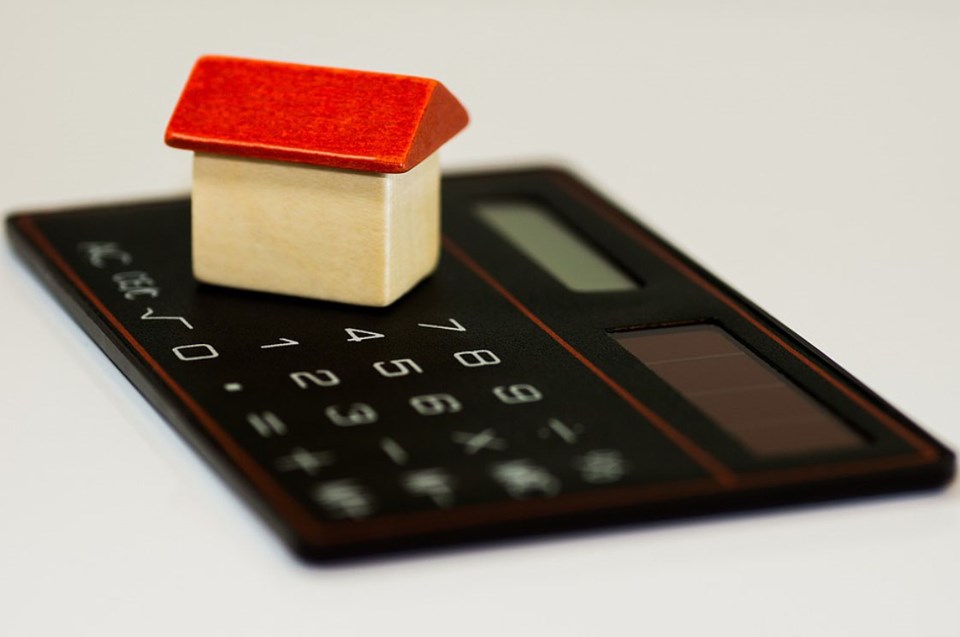The Better Business Bureau (BBB) serving Mainland BC is warning the public about home title fraud, which happens when someone obtains the title to your property and changes ownership from your information to theirs by using fake identification and forged signatures.
The scary part is, you may not even realize it has happened until it’s too late.
In fact, it has already occurred twice in Ontario this month.
Scammers Strike in Toronto
In early January, two homeowners returned from working outside of Canada for several months only to discover that their property had been sold without their knowledge by people using fake identities, according to Toronto Police.
Last week, CBC News reported on a similar close call.
Luckily, a Toronto family was able to stop an attempted scam where someone used a fake identity to rent the home in the first place, and subsequently posed as the 95-year-old homeowner to convince real estate agents to list the home for sale.
The scammers received offers as high as $1.9 million before the owners found out and stopped the sale.
"Title fraud has been a threat to the Canadian real estate industry and is a potential risk for every property," says President and CEO Simone Lis, for BBB serving Mainland BC.
"The best thing you can do is take proper precautions to avoid falling into this scam, and know what to do if it happens to you."
Tips on how to protect yourself
Consider getting title insurance
- Most title insurance policies protect the homeowner from risks their property could carry, including fraud. In a situation where a potential buyer purchases a property owned by fraudsters, title insurance could be the original homeowners only saving grace. The fraudulent title is not legally binding, so the new buyer can’t resell the property and recoup their funds. However if the original homeowner bought a title insurance policy during closing, it’s a different story. The insurer will defend their client, investigate potential fraud, and find a good lawyer for your case.
Treat your personal information like gold to avoid identity theft
- Make sure you shred any documents that have your bank account numbers, social Insurance number, or any other personal information. Be suspicious of any unprompted calls asking for personal information. The same goes for photo identification such as drivers license, health care cards, passports, etc. Your identity belongs to you. Don’t let scammers have easy access to it.
Check your credit reports regularly for unauthorized inquiries and accounts
- You can access your credit score online from Canada’s 2 main credit bureaus, Equifax and TransUnion. These sites may ask you to sign up for a paid service to get your score, however your bank may also offer to provide your credit score for free. Monitoring your credit report regularly can help protect you from possible identity theft.
Look for unexplained withdrawals and charges
- Review your bank account and credit card statements regularly. Know when your bills are due. One hint to sense potential identity theft is when you stop receiving certain bills. This can happen because scammers have changed the address you have associated with your bank account or credit card. If bills don’t arrive on time, follow up with your creditors. Another red flag is debt collectors contacting you about debts that are not yours.
If your identity has been stolen, place a "fraud alert" or "freeze" on your credit reports
- Contact the fraud departments on both credit bureaus, Equifax and TransUnion. Let them know you've been a victim of identity theft and ask what protection is provided and if there are any costs to determine whether a fraud alert or freeze is best for your situation. Find out if there is any unauthorized activity or new accounts have been fraudulently opened in your name at your financial institutions. You may be advised to close some or all of your accounts. Create new passwords and change your PINs.
For more information on how to avoid title fraud, contact the Canadian Anti-Fraud Centre (CAFC) toll free at 1-888-495-8501.



